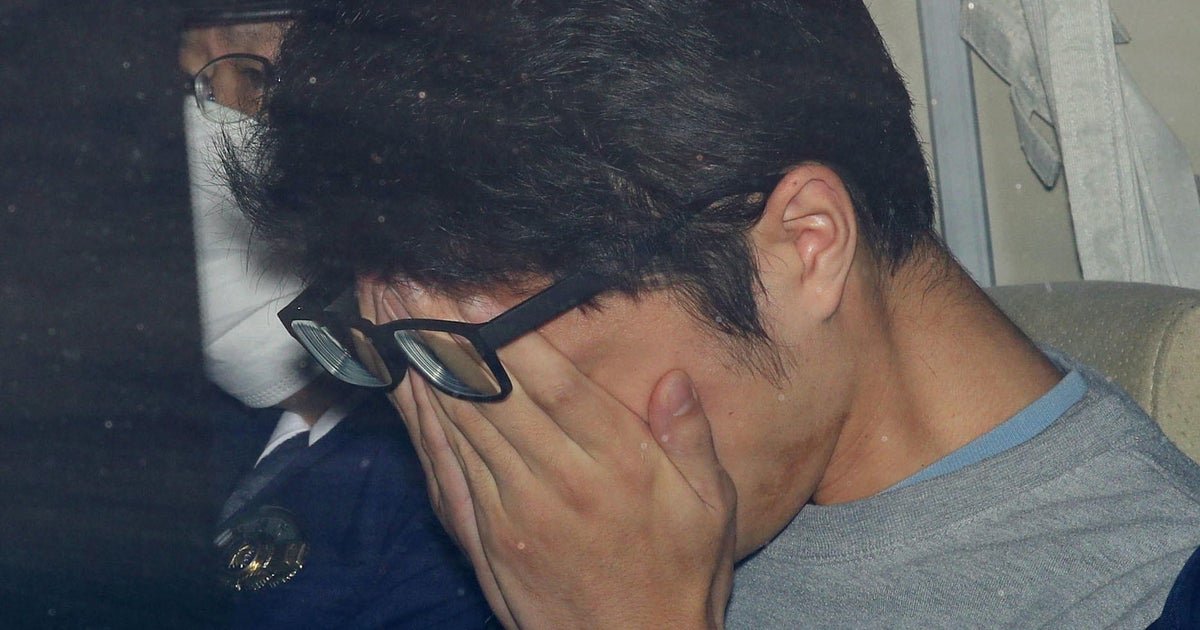On Friday, Japan executed Takahiro Shiraishi, a man infamously known as the ‘Twitter killer,’ who was convicted of murdering and dismembering nine individuals he had encountered online. This marked Japan’s first execution since 2022.
The 34-year-old Shiraishi was hanged for the brutal murders of his victims, most of whom were young women, after connecting with them through the platform currently known as X. He specifically targeted users expressing suicidal thoughts, offering to assist them or even suggesting that he could die alongside them.
His Twitter account reportedly contained a message reading: “I want to help people who are really in pain. Please DM [direct message] me anytime.” Shiraishi killed three teenage girls and five women, and he also murdered the boyfriend of one of the victims to prevent him from disclosing information, as reported by The Associated Press.
Justice Minister Keisuke Suzuki detailed the extent of Shiraishi’s crimes committed in 2017, which included “robbery, rape, murder… destruction of a corpse and abandonment of a corpse.” He explained to reporters in Tokyo that the nine victims faced horrific ends, having been “beaten and strangled, killed, robbed, and then mutilated with parts of their bodies concealed in boxes, and parts discarded in a garbage dump.”
The gruesome nature of the murders, with dismembered bodies found in coolers and toolboxes in Shiraishi’s apartment—termed a ‘house of horrors’—has left a lasting impact on society, causing significant shock and fear, Suzuki noted. “After much careful consideration, I ordered the execution,” he added.
Both Japan and the United States remain the only countries in the G7 still practicing capital punishment, and public opinion in Japan shows considerable support for it. According to data shared with AFP, there was one execution in 2022, three in 2021, and 15 in 2018.
In 2020, Shiraishi received a death sentence for the murders of nine victims, aged between 15 and 26. He had lured them to his small home near Tokyo and attempted to hide their dismembered remains in coolers and toolboxes sprinkled with cat litter.
Shiraishi’s defense team argued that he should be spared execution, claiming his victims had consented to die due to their suicidal thoughts. However, the judge dismissed this argument, describing Shiraishi’s actions as “cunning and cruel” and emphasizing, “The dignity of the victims was trampled upon,” noting that he preyed on those who were “mentally fragile.”
The sordid details of the case emerged in 2017 when police began investigating the disappearance of a 23-year-old woman who had tweeted about suicidal intentions. Her brother accessed her Twitter account, which eventually led authorities to Shiraishi’s residence, where the dismembered remains were discovered.
In Japan, hangings are the method of execution, and there are currently around 100 inmates on death row awaiting their sentences. Approximately half of these prisoners are seeking retrials. The executions are conducted in secrecy, with death row inmates being informed of their execution only on the day it occurs.
While Japanese law requires that executions be carried out within six months of a conviction following the exhaustion of appeals, many inmates face lengthy periods in solitary confinement, with waits lasting years or even decades. Criticism surrounding the execution system and the government’s lack of transparency is prevalent.
Shiraishi’s execution marks the first under Prime Minister Shigeru Ishiba’s administration. Tomohiro Kato was executed last year for a mass attack that resulted in seven fatalities in Tokyo in 2008, while the high-profile executions of Shoko Asahara and 12 former members of the Aum Shinrikyo cult occurred in 2018 for their involvement in the deadly 1995 sarin gas attacks on the Tokyo subway system.
If you or someone you know is experiencing emotional distress or a suicidal crisis, please call the National Suicide Prevention Hotline at 1-800-273-TALK (8255). Additionally, the National Alliance on Mental Illness (NAMI) HelpLine is available Monday through Friday from 10 a.m. to 6 p.m. ET at 1-800-950-NAMI (6264) or via email at info@nami.org.

